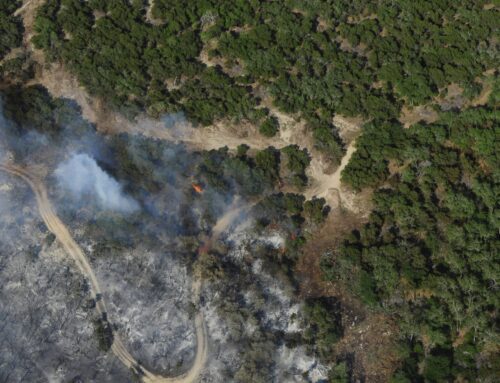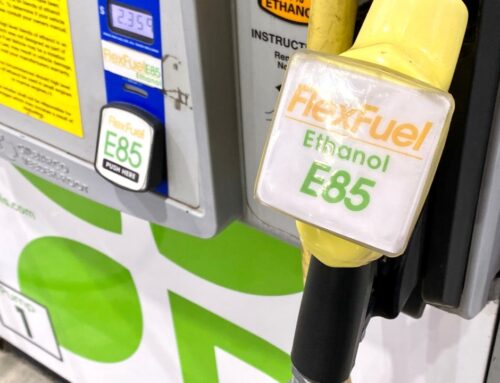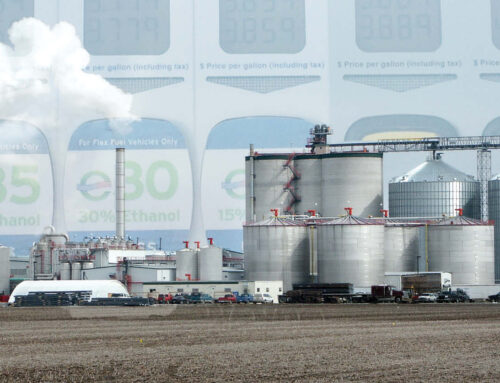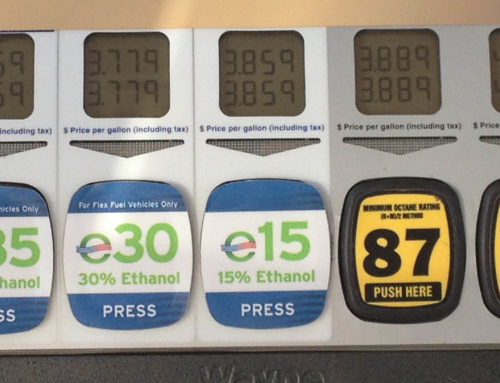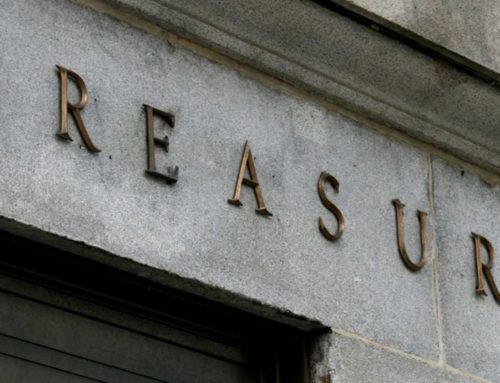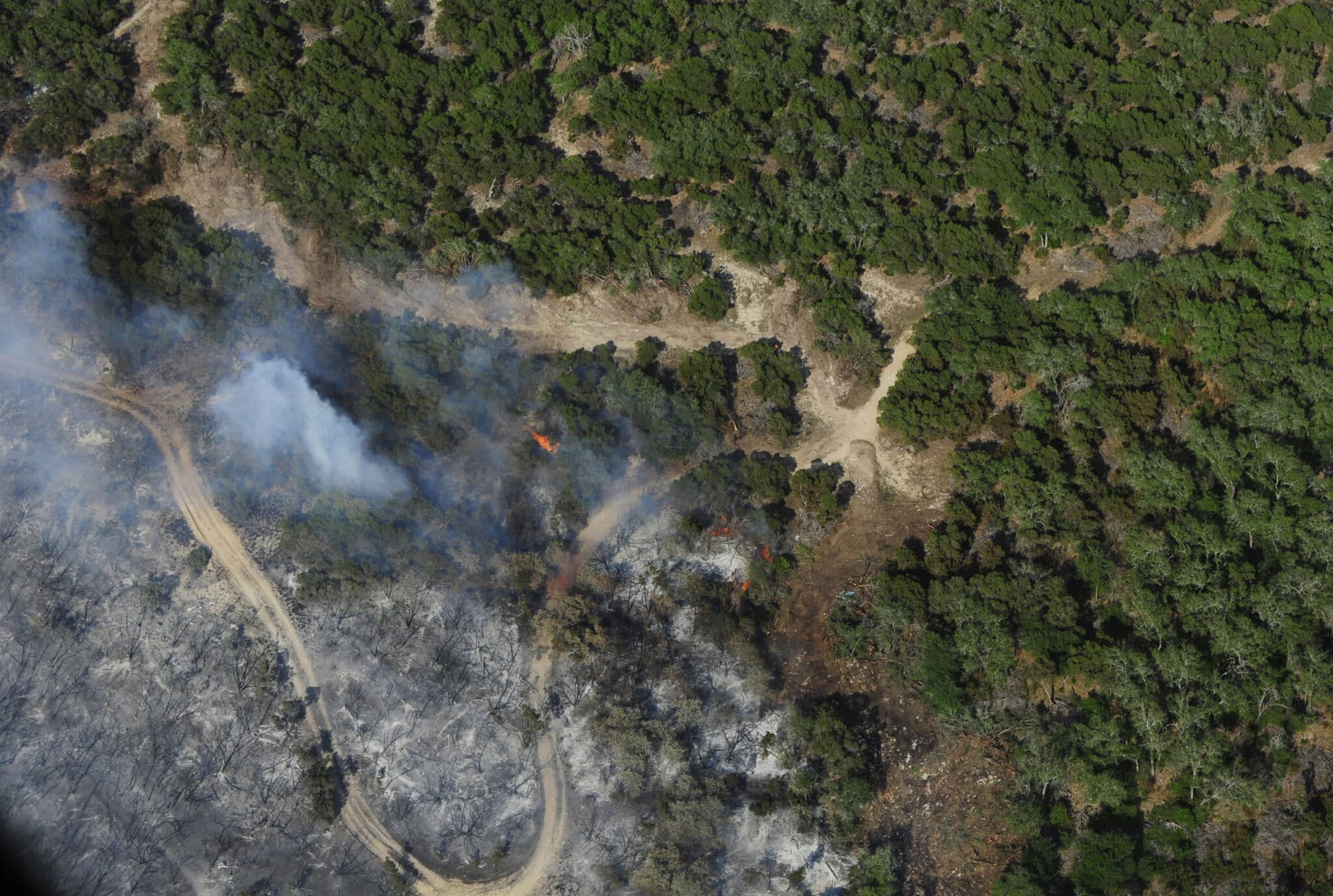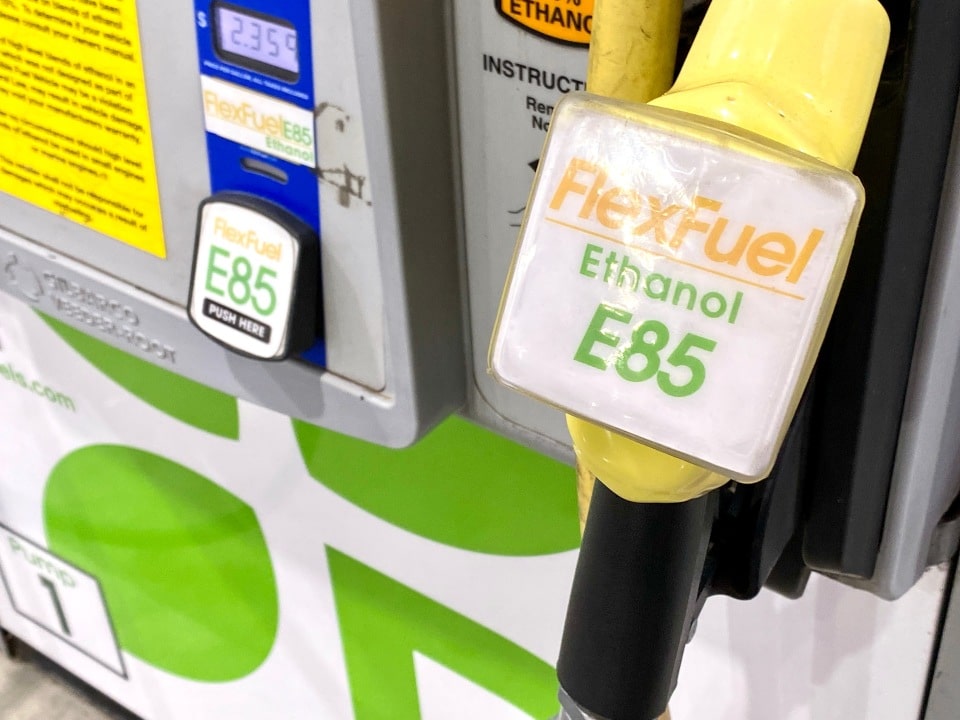FOR IMMEDIATE RELEASE
July 29, 2025
Today, the Environmental Protection Agency (EPA) announced it will delay compliance deadlines for its 2024 rule to strengthen and expand standards to reduce methane and volatile organic compound (VOC) emissions in the oil and gas sector.
Autumn Hanna, Vice President of Taxpayers for Common Sense, issued the following statement:
"This unnecessary delay of proven waste reduction policies is a lose-lose for American taxpayers and our energy security. For too long, the oil and gas industry has been allowed to vent, flare, and leak methane—the main component of natural gas—wasting billions of dollars' worth of a valuable resource that should be captured and sold.
Methane waste also means millions in lost royalty revenue that should be going to federal and state treasuries and private landowners. Every ton that escapes into the atmosphere instead of being brought to market is money literally going up in smoke, which in turn creates added public health and safety risks for local communities.
True energy dominance means getting full value from our energy resources—not squandering them through preventable waste.
Taxpayers for Common Sense has long called for reforms to reduce waste across the government. Allowing methane to continue escaping into the atmosphere by delaying compliance is government-sanctioned waste no fiscally responsible administration should tolerate."
Background
Oil and gas operators in the U.S. routinely flare, vent, and leak billions of cubic feet of natural gas every year. The industry is one of the nation's largest methane emitters. According to the Energy Information Administration, approximately 3,170 billion cubic feet (bcf) of natural gas was vented or flared between FY2012 and FY2021.
The EPA's 2024 methane rule includes New Performance Standards (NSPS) for facilities built or modified after December 6, 2022, and Emission Guidelines (EG) for existing sources under section 111(d) of the Clean Air Act. States are required to develop state implementation plans (SIPs) that establish performance standards for existing sources.
The final rule provides ample time for compliance—up to two years for new sources to meet NSPS, two years for states to submit SIPs, and three additional years for existing sources to comply.
The rule aligns with recommendations from TCS, including steps to end routine flaring of associated gas, and expand public participation and improve accessibility of data through the Super Emitter Program.
Additional Resources
- TCS Statement on EPA Final Rule to Reduce Methane Emissions in the Oil and Gas Sector: TCS statement on the final supplemental rule, "Standards of Performance for New, Reconstructed, and Modified Sources and Emissions Guidelines for Existing Sources: Oil and Natural Gas Sector Climate Review."
- Taxpayer Costs of Methane Emissions Fact Sheet: TCS factsheet on the taxpayer costs of methane released into the atmosphere during oil and gas production.
- Gas Giveaways II: Methane Waste on Federal Lands is Business as Usual: TCS report on the billions of cubic feet of methane that is vented, flared, and leaked by oil and gas operators on federal lands every year.
- Budget Watchdog AF (All Federal) — Ep. 29: Venting & Flaring: TCS podcast on how methane waste from oil and gas development on federal lands is causing economic damage to all taxpayers.
Taxpayers for Common Sense is a non-partisan federal budget watchdog that works to ensure that taxpayer dollars are spent responsibly. For more information, visit www.taxpayer.net.

